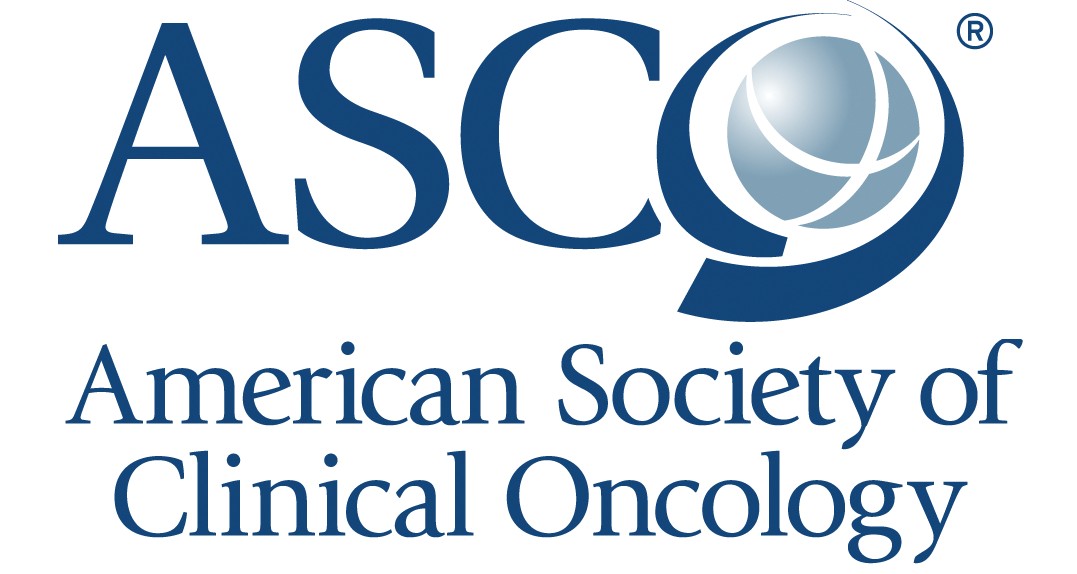Share this Page:
People with kidney cancer have been shown to have changes (mutations) in a gene called the von Hippel-Lindau gene (VHL). This results in high levels of a protein called hypoxia-inducible factor, or HIF-2α in the blood of these patients. This causes changes in the cancer cells that make the tumour grow. A new medicine called belzutifan is a tablet that blocks the action of HIF-2α and, therefore, blocks cancer cell growth.
In a phase 3 clinical trial, called LITESPARK-005, belzutifan has already been shown to reduce the risk of the cancer getting worse (progression) by 26% compared with everolimus, and has a higher response to treatment in patients with previously-treated advanced kidney cancer.
Quality of life information (patient reported outcomes) from the LITESPARK-005 study were presented at the American Society of Clinical Oncology Genitourinary Cancers Symposium (ASCO GU) in San Francisco, California, last weekend.
Belzutifan was associated with better cancer symptoms and quality of life compared with everolimus in patients with previously treated advanced kidney cancer, according to an analysis of patient-reported outcomes (PROs).
These findings further support the use of belzutifan in heavily pretreated patients with advanced kidney cancer.
Belzutifan has been approved in some countries (including Scotland) for the treatment of people with VHL disease who develop tumours in the kidney, brain and spinal cord, or pancreas.














